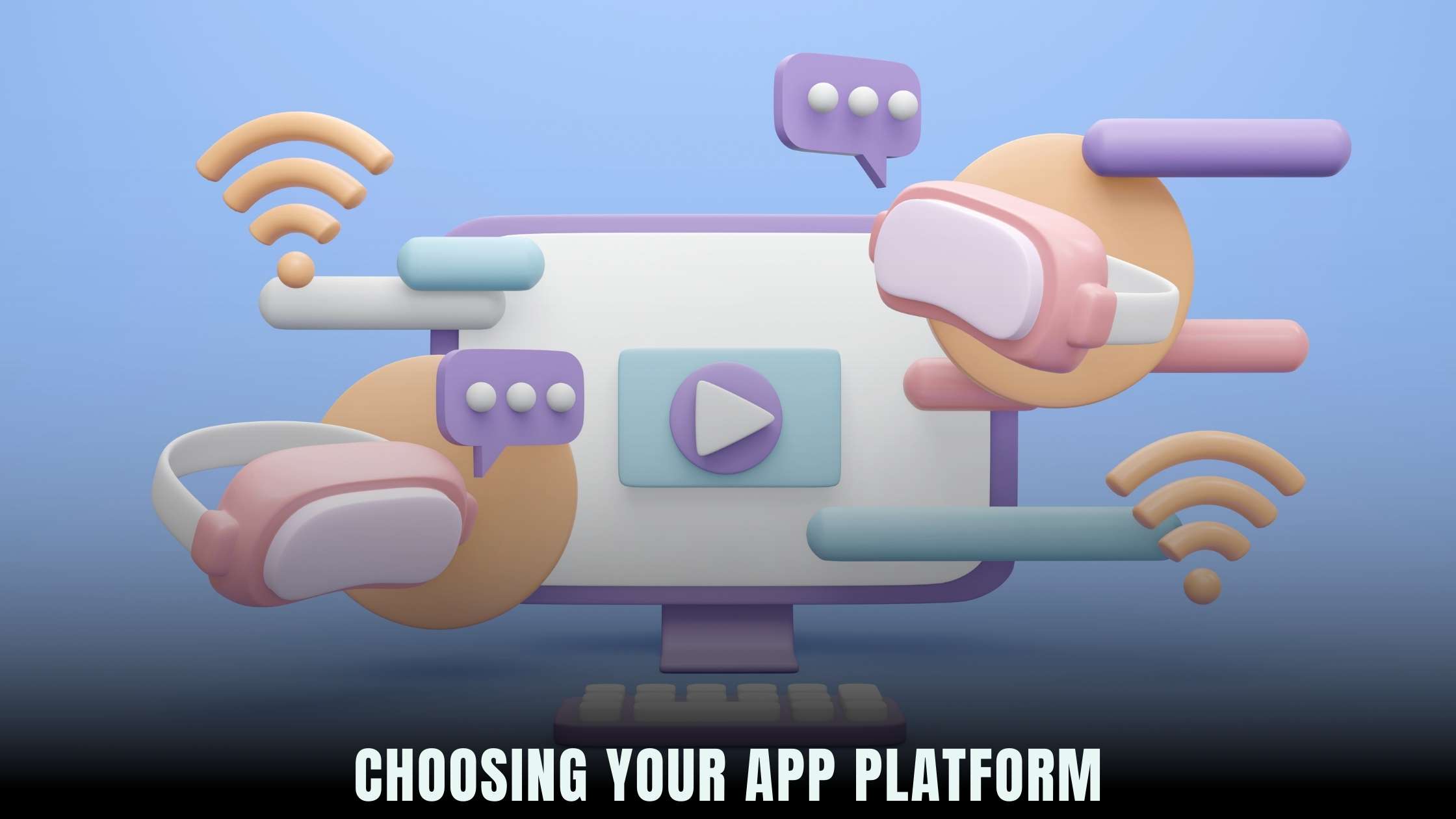Decoding Mobile Platforms: The Two Main Options
- WebOps Platforms Bug Tracking & Feedback Software Web Development & Design


In the world of mobile app development, choosing the right platform is crucial for success. With a plethora of options available, understanding the two main platforms and their differences is essential for developers and businesses alike. In this article, we’ll delve into the two primary mobile platforms, iOS and Android, exploring their features, benefits, and considerations.
Understanding iOS and Android
iOS
iOS, developed by Apple Inc., powers devices such as iPhones, iPads, and iPod Touch. Known for its sleek design, intuitive user interface, and strict quality control, iOS offers a premium user experience. Apple’s closed ecosystem ensures consistent performance and security across devices, making it a popular choice for users who value reliability and seamless integration with other Apple products and services.
Android
Android, developed by Google, is an open-source operating system that powers a vast array of devices, including smartphones, tablets, smartwatches, and more. Known for its customization options, flexibility, and broad device compatibility, Android appeals to a diverse user base. The open nature of the platform encourages innovation and allows for greater customization by manufacturers and developers, resulting in a wide range of devices and user experiences.
Key Differences
Market Share
Android dominates the global market share, with a higher number of active devices worldwide compared to iOS. This widespread adoption makes Android an attractive platform for reaching a larger audience, particularly in emerging markets.
Development Environment
iOS development typically requires Xcode, Apple’s integrated development environment (IDE), and programming languages such as Swift or Objective-C. In contrast, Android development utilizes Android Studio, Google’s official IDE, and languages such as Java or Kotlin. While both platforms offer robust development tools and resources, the choice of programming language and IDE may influence developer preferences and project requirements.
App Store Policies
The Apple App Store and Google Play Store have distinct policies and guidelines governing app submissions, review processes, and revenue models. Apple’s App Store is known for its stringent review process and curated selection of apps, prioritizing quality and security. On the other hand, Google Play Store offers greater flexibility and accessibility for developers, with fewer restrictions on app submissions and updates.
Relevant SaaS Products for Mobile Development
When it comes to developing and managing mobile apps, leveraging the right SaaS products can streamline the process and enhance productivity. Consider the following SaaS tools tailored to mobile app development:
- Firebase: Firebase, a mobile and web application development platform by Google, offers a suite of tools for app development, including analytics, authentication, cloud messaging, and hosting.
- AWS Mobile: AWS Mobile, part of Amazon Web Services (AWS), provides a comprehensive set of services for building, testing, and deploying mobile applications securely and efficiently.
- Microsoft App Center: Microsoft App Center offers a unified platform for continuous integration, delivery, testing, and monitoring of mobile apps across multiple platforms, including iOS and Android.
- Instabug: Instabug is a comprehensive bug reporting and feedback platform that enables developers to gather real-time insights from users, diagnose issues, and prioritize fixes in their mobile apps.
- Sentry: Sentry is an application monitoring platform that helps developers identify, diagnose, and fix errors in their mobile apps, ensuring a seamless user experience.
Conclusion
Choosing between iOS and Android for mobile app development requires careful consideration of factors such as target audience, development resources, and business objectives. By understanding the key differences between the two platforms and leveraging relevant SaaS products, developers and businesses can make informed decisions and build successful mobile apps that resonate with their audience.
Subscribed.FYI Deals: Optimizing Your SaaS Stack
As businesses embark on their mobile app development journey, having access to the right SaaS tools can significantly enhance productivity and efficiency. Subscribed.FYI offers a curated selection of SaaS products tailored to the needs of developers and businesses in the mobile app space.
With Subscribed.FYI Deals, users gain access to exclusive discounts and offers on a wide range of SaaS tools, including mobile app development platforms, analytics solutions, bug tracking tools, and more. By unlocking these deals, businesses can optimize their SaaS stack and maximize their mobile app development efforts.
Sign up for free today and discover the tools you need to succeed in mobile app development with Subscribed.FYI.
Relevant Links:
Explore more deals on Subscribed.FYI








